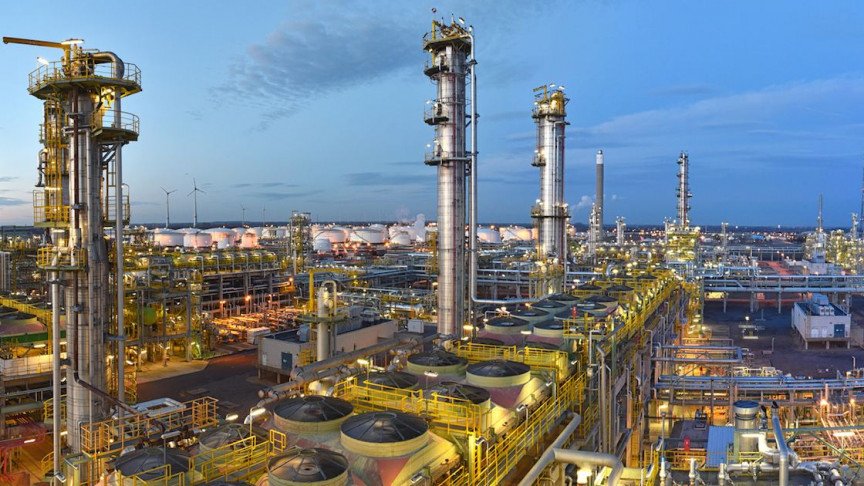Fossil fuels like coal and petroleum are the backbone of the global energy industry despite advancements in renewable energy technology. Petroleum prices are so significant globally that they shape economic decisions and government policies across the world.
India is one of the few countries that are ramping up their petroleum products to reduce their dependence on petroleum export. An ONGC report revealed that the value of the oil and gas industry in India can reach $ 25 billion by 2022.
A background in petroleum engineering can open up many exciting prospects in the oil and gas industry and allow you to establish a prolific career. Therefore, you can have your career pathway by enrolling in a B. Tech petroleum engineering program from a renowned university.
Read ahead to explore some interesting career options open to you as a petroleum engineering graduate.
What can you expect from a petroleum engineering course?
An undergraduate course in petroleum engineering can involve all the scientific subjects pertaining to the extraction, processing, and distribution of petroleum and its products. Some common subjects include electrical and mechanical engineering, material science, and solid mechanics.
A B. Tech in petroleum engineering can allow you to gain expertise in different aspects of petroleum production like drilling, reservoir engineering, and heat transfer processes.
What are the career prospects of a petroleum engineering course?
With the increasing usage of petroleum and its products in different industries, petroleum engineering graduates can hope to find diverse employment opportunities in different domains.
Here are some of the financially satisfying and fulfilling career roles for petroleum engineers in the industry.
- Offshore Structural Engineer: Offshore structural engineers are in charge of the operations for offshore petroleum drilling units. They are responsible for supervising drilling teams and rank under the production engineering leads. They ensure the proper maintenance and handling of drilling tools and operations and make sure that the project schedules are completed smoothly.
- Quality Assurance Engineer: Quality assurance engineers create and apply specific strategies and policies to standardize petroleum drilling and processing operations. The role requires a thorough understanding of standard practices in the industry as well as the relevant government and industry regulations for petroleum drilling and processing.
- Production Engineer Lead: Production engineering leads belong to the senior management in a petroleum firm and supervise different structural engineering teams. They build production and operation models that can optimize the production and extraction of petroleum and its products.
- Instrumentation Engineer: Instrumentation engineers are called to design and build the tools and instruments required in the petroleum industry. This role is primarily an engineering-based position and requires expertise in design, troubleshooting, and failure analysis. They also assist maintenance teams to optimize different instruments.
Apart from these roles, you can also explore other positions like energy engineers, mining engineers, mud loggers, or marine drilling engineers. Some other intriguing roles include petroleum expert, geochemist, or reservoir engineer.
Look for appropriate petroleum energy programs today to kick-start a successful career in the oil and gas industry.







